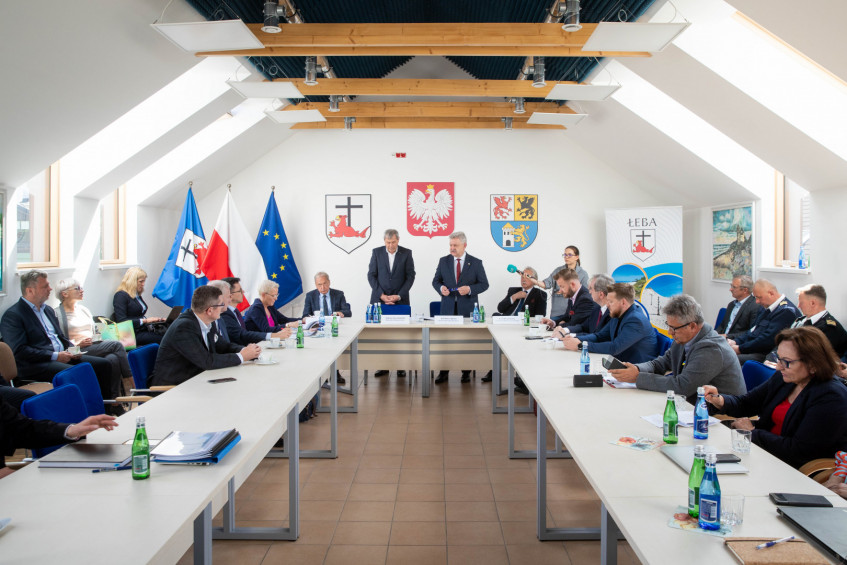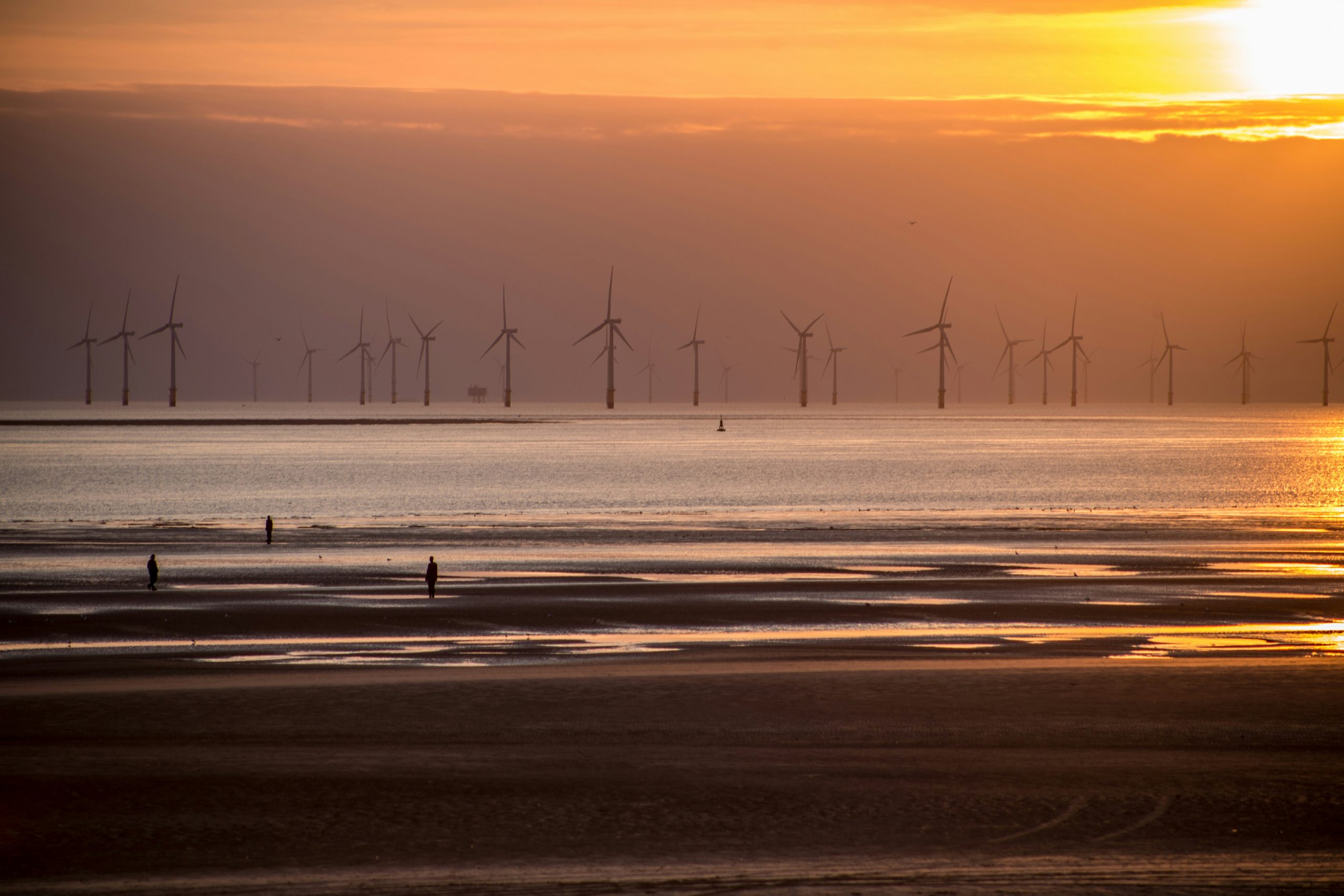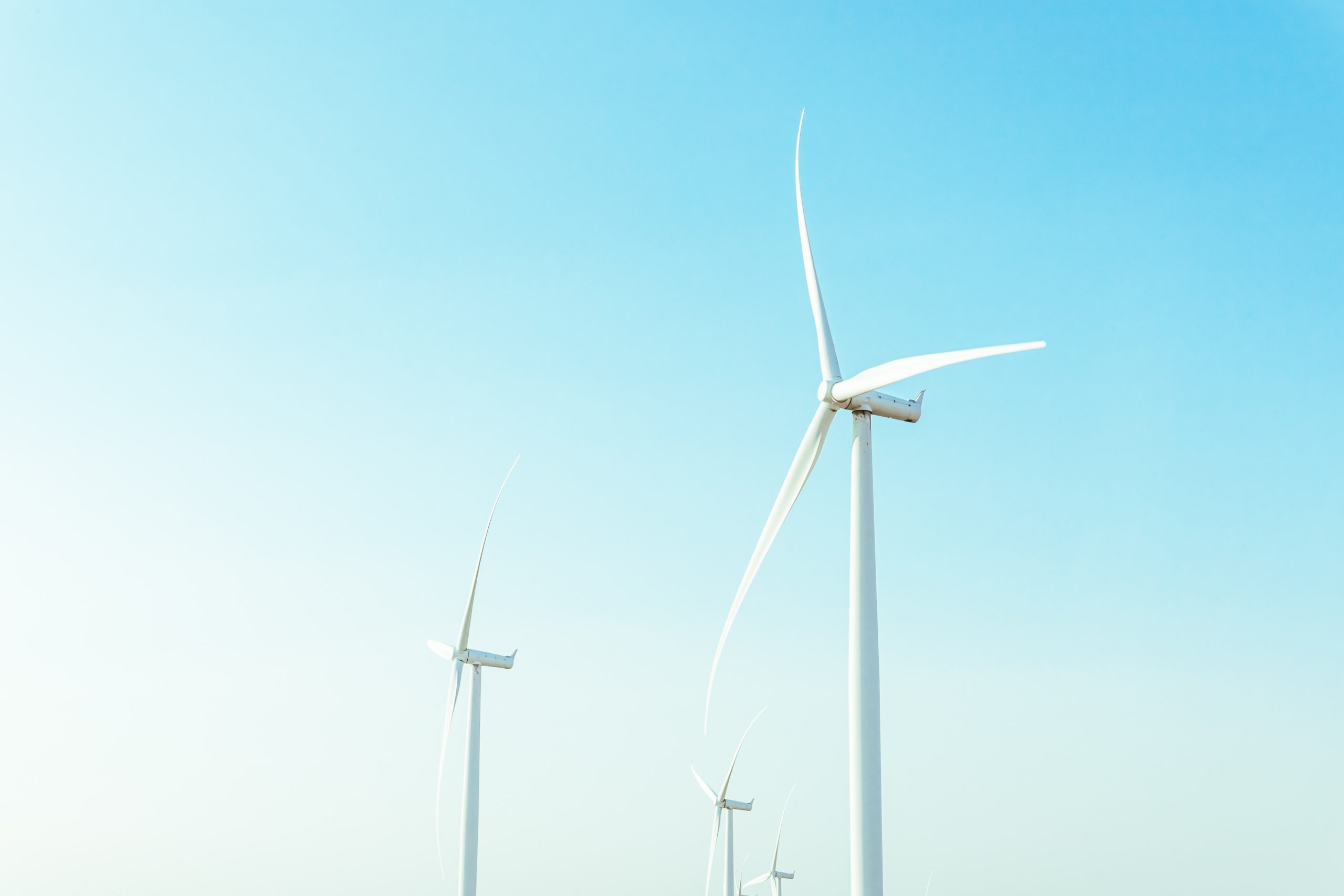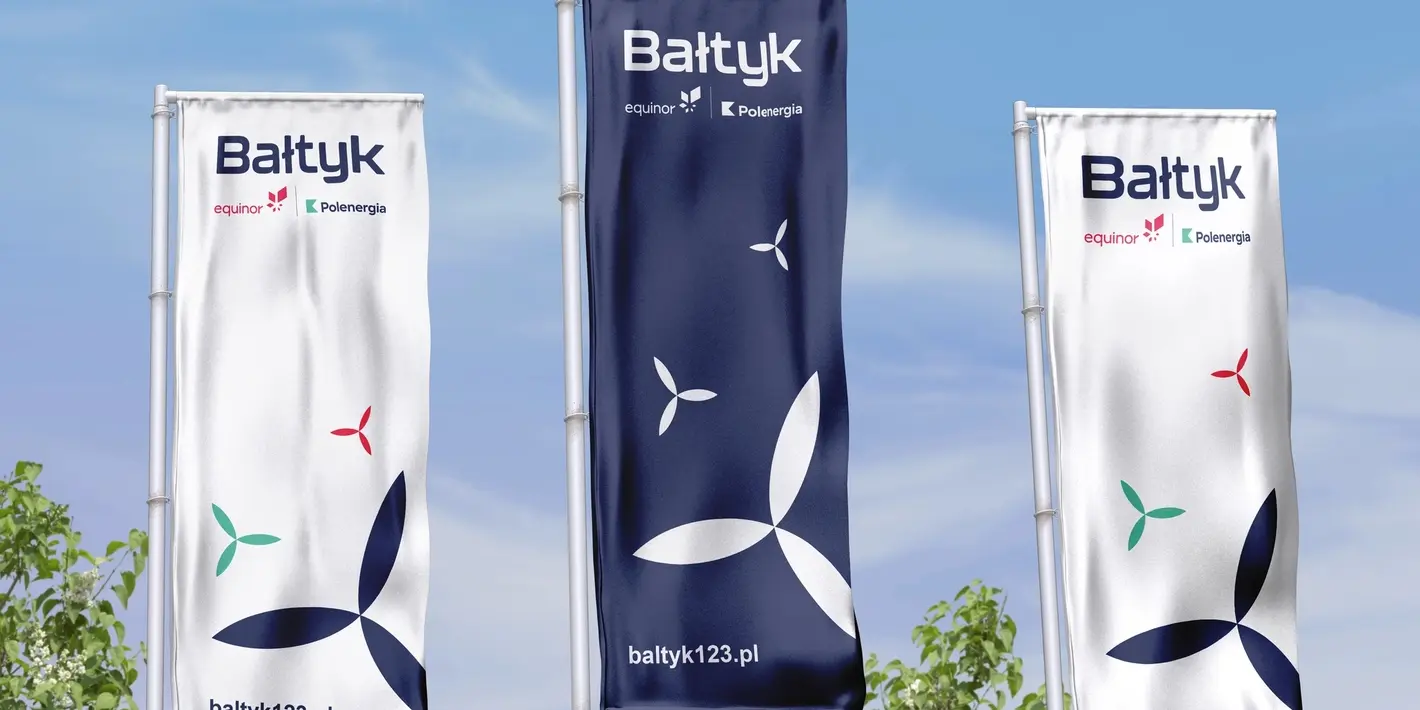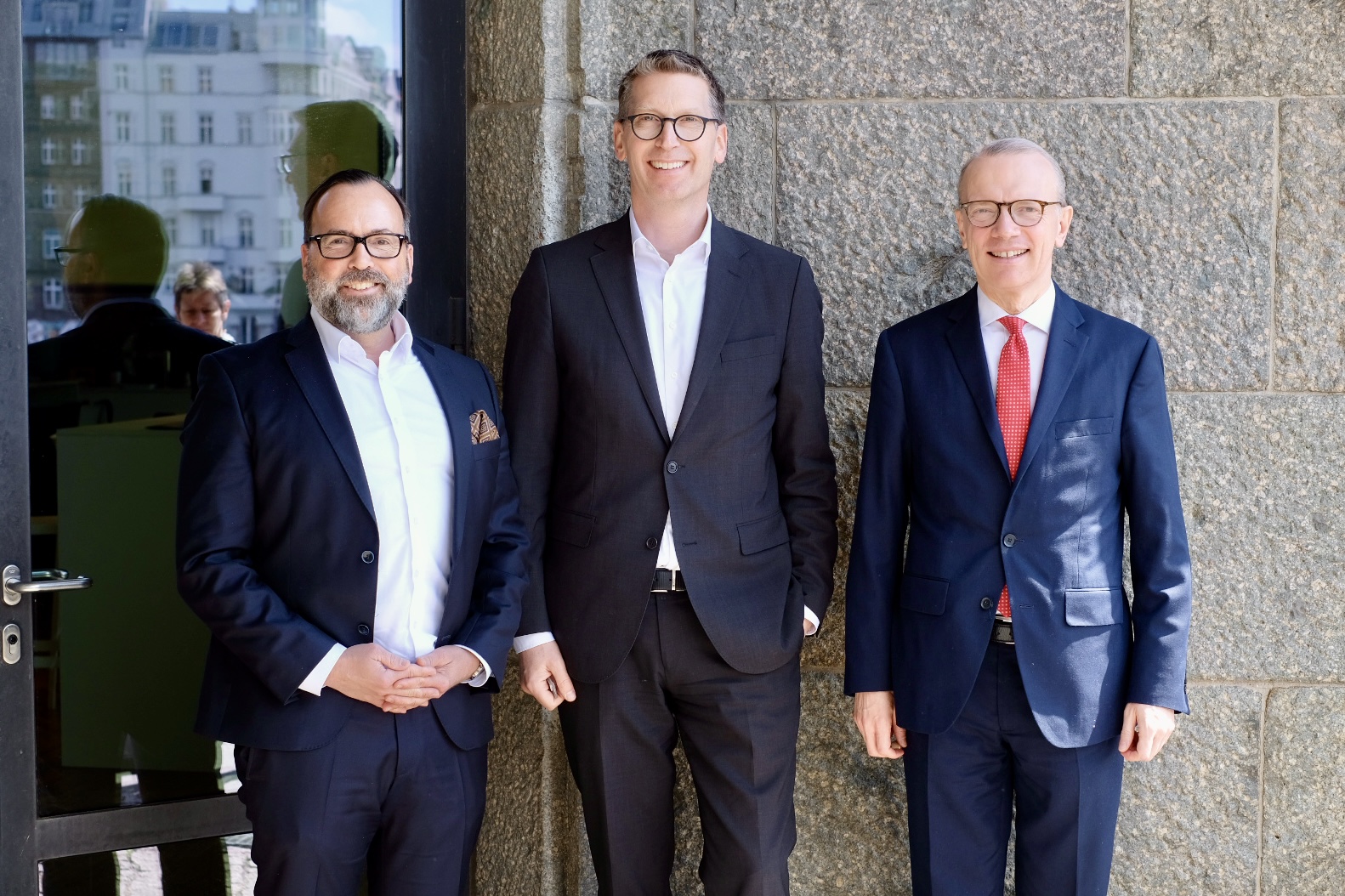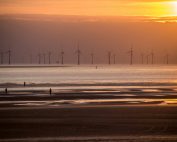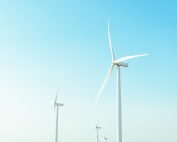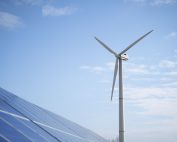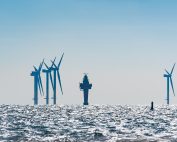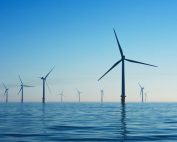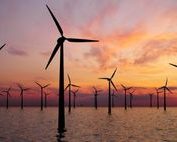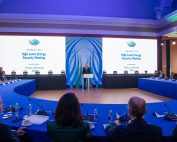During the survey visit to Wejherowo and Łeba members of the Budget and Public Finance Committee met with local government officials, cultural animators and offshore wind energy investors. The discussion focused, among other things, on the future of the port in Łeba, including the development of a service port necessary to service offshore wind farms in the Baltic Sea.
The meeting participants discussed the future of the service port in Łeba, which will service offshore wind farms in Poland for at least 30 years. Service bases will be established there by Baltic Power (owned by Polish Orlen Group and Canadian Northland Power) and Norwegian Equinor together with Polish company Polenergia. Local government and offshore wind industry representatives hope that Łeba will become a local center for offshore wind, ensuring stable cooperation between Polish and foreign investors, hundreds of jobs and enriching the know-how of Polish companies.
⚓️ Podczas wizyty studyjnej w Wejherowie i Łebie senacka Komisja Budżetu i Finansów Publicznych spotkała się z samorządowcami, animatorami kultury oraz inwestorami. Rozmawiano między innymi o sytuacji instytucji kultury i przyszłości portu w Łebie.🚢
🔎⬇️https://t.co/RymM35IGvA pic.twitter.com/pczQVQ91lS
— Senat RP 🇵🇱 (@PolskiSenat) May 26, 2022
Senator Kazimierz Kleina, Chairman of the Budget and Public Finance Committee, emphasized that achieving the highest possible level of local content is currently a key challenge.
“Poland can achieve this ambitious goal only with the help of adequate institutional and regulatory support and properly planned and conducted multidirectional activities aimed at creating a favorable business environment for offshore development, characterized by attractive opportunities for new market players. We now need to work out amendments to the Offshore Act in parliament to make it easier to develop the first wind farm projects. It is important that the draft amendments are introduced quickly so that such service centers as those in Łeba are set up on time”, said senator Kazimierz Kleina, Chairman of the Budget and Public Finance Committee.
The whole region will benefit from the development of the service port in Łeba. New infrastructure and permanent work sites will be created. Special education courses will be developed in local schools.
“Development of offshore wind energy is a great opportunity for the development of both Łeba and the entire commune, as it allows to increase revenues from lease of port areas to future developers, from taxes and from the sale of investment land”, said Janusz Gajowiecki, President of the Polish Wind Energy Association.
Investors count on the development of a service port in Łeba
Anna Łukaszewska-Trzeciakowska, President of the Management Board of Baltic Power and Director of the Offshore Wind Farms Office at PKN ORLEN, underlined that the service port in Łeba is a key element in the implementation of Baltic Power’s investment.
“Implementation of the service port in Łeba will create new jobs and increase revenues to local budgets. The port will be an economic boost for the entire region. Building a local supply chain is an important part of realizing offshore wind. We take this into account in our business strategy and are oriented towards cooperation with all stakeholders”, said Łukaszewska-Trzeciakowska.
In turn, Maciej Stryjecki, Director of Offshore Wind Energy Department of Polenergia, said that it is a civilization opportunity to develop and build competitive advantage of Polish entrepreneurs based on modern zero-emission technologies.
“With the launch of investments worth approx. PLN 130 billion new, well-paid jobs are also being created”, added Stryjecki.
Equinor has already finalized the purchase of land in Łeba, where a service port for the offshore wind farms Baltic II and Baltic III will be built. The planned service base will serve as a logistics center for offshore wind farms in the Baltic Sea and will consist of offices, storage buildings and transport facilities.
The installed capacity of offshore wind energy in Poland will reach 5.9 GW in 2030, while in 2040 – up to 11 GW. This will mean that offshore wind farms will account for 13 percent of electricity production in 2030, and 19 percent in 2040. The first offshore wind farms, in the Polish exclusive economic zone in the Baltic Sea, will appear in 2026.
